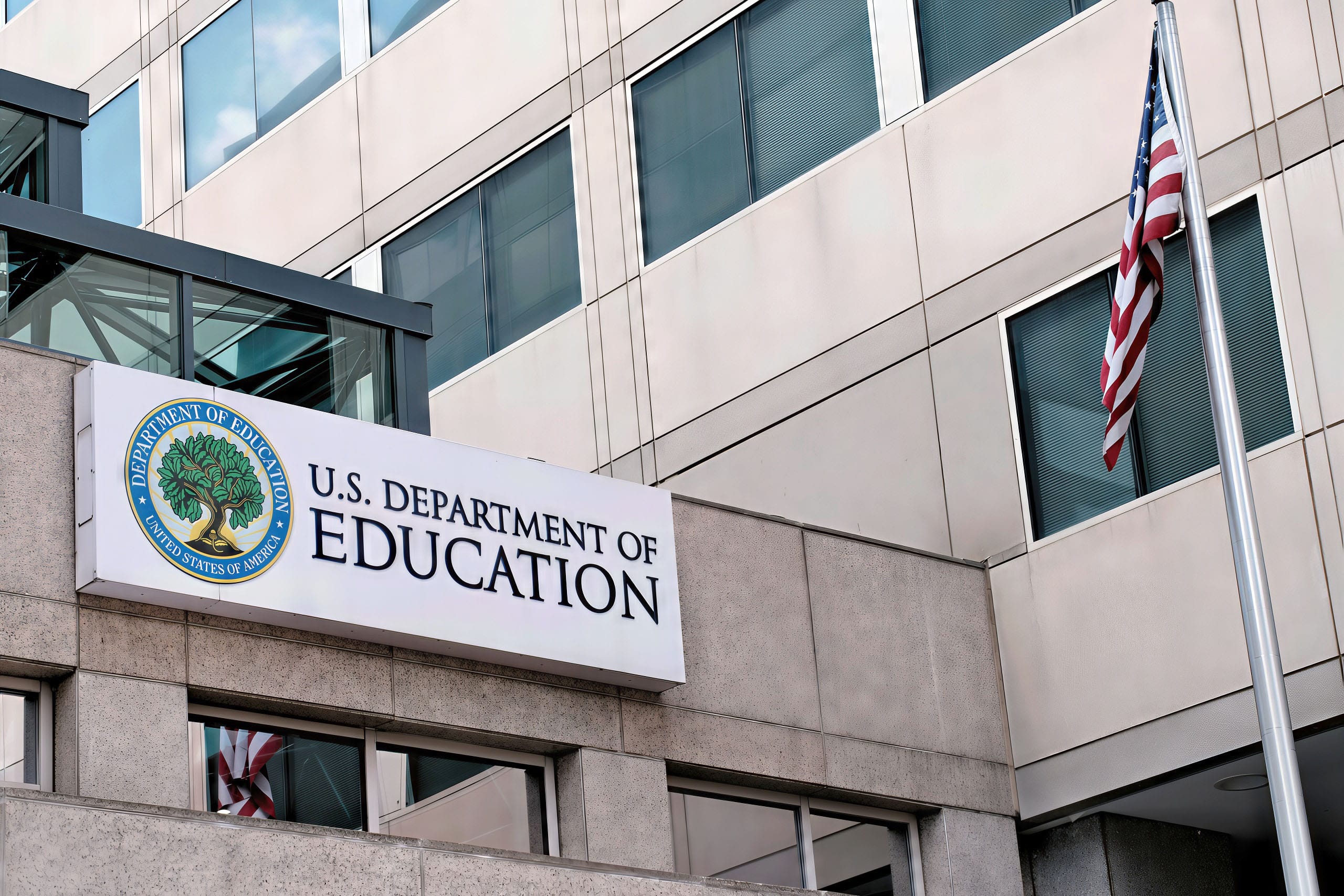Today, the Committee for Education Funding offered early insight into the President’s latest executive action—this time targeting the U.S. Department of Education. The newly signed executive order directs Education Secretary Linda McMahon to take “all necessary steps to facilitate the closure of the Department of Education.”
According to the White House, major federal education programs such as the Individuals with Disabilities Education Act (IDEA), Title I for low-income schools, and federal student loan payments will remain funded—for now. However, the order reinforces the Administration’s stance that federal funds cannot be used for diversity, equity, and inclusion (DEI) initiatives or any program promoting gender identity.
The Administration also notes that the Secretary will explore ways to shift funding closer to states, localities, and students. While the executive order lacks specific details about the future of programs under the Department’s authority, it signals a significant policy shift.
With Congress currently pursuing major cuts across all federal agencies through its draft budget resolutions, it’s difficult to imagine any outcome that spares education funding. However, if the President leans into block granting funds to states—without reducing the total funding—he may gain local support for dismantling the Department’s central bureaucracy.
Implications for Districts
Despite the sweeping language of the executive order, districts are advised not to take immediate local budget actions based on its directives. The Continuing Resolution agreed to last week between Congress and the White House holds education funding flat through the remainder of the current federal fiscal year, which ends in September.
Though the Administration was granted flexibility to reallocate certain funds, it appears that most federal education funding will remain steady through the end of the fiscal year.
Department Layoffs Raise Concerns
While the executive order garners headlines, the Administration has already begun scaling down the Department through mass layoffs. Last week, nearly all of the Department’s research and evaluation staff were dismissed. Legal teams tasked with safeguarding student rights and advising states on compliance were also let go, alongside 300 employees responsible for administering federal student aid.
Now, with an order in place to dismantle the Department entirely, the Administration also seeks to revoke funding for research and education programs. Critics argue that these moves are unlikely to enhance student outcomes or streamline spending. Instead, the Administration has framed the changes as part of a broader effort to reduce bureaucracy, cut regulations, and give families more say in education, including potential redirection of public funds toward private school options.
Congressional Response
Congressional opposition is expected to be significant. Since the Department of Education was created by an act of Congress, abolishing it requires congressional approval—an outcome seen as unlikely given the political climate.
So far, the majority party has not issued a strong public response affirming Congress’s role in maintaining federal education programs or asserting its equal power over budget matters. However, Senator Patty Murray (D-WA), ranking member of the Senate Appropriations Committee, has been outspoken in her criticism. She recently released state-by-state fact sheets illustrating how federal education funding supports students across the country, highlighting the number of IDEA and Title I beneficiaries, Pell Grant recipients, and federal student loan borrowers.
Public Opinion and Legal Challenges
Public opinion appears to oppose the Administration’s move. Polling conducted by education advocacy group All4Ed, along with a February survey by Data for Progress, shows that a majority of Americans do not support dismantling the Department of Education.
Legal action is also anticipated. California Attorney General Rob Bonta and a coalition of education organizations have already filed lawsuits over previous federal funding rollbacks. New litigation is likely to argue that dismantling the Department violates federal law, disrupts services, strips away protections, and ultimately undermines public education.
With the situation evolving quickly, more legal, political, and financial implications are expected to unfold in the weeks ahead.




0 Comments